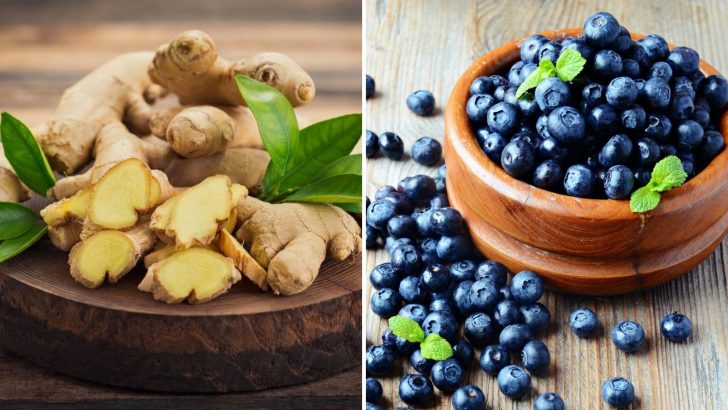Nature has a clever way of helping us stay strong, and some of its most powerful remedies are hiding right in the kitchen. Certain herbs, spices, and everyday ingredients come with built-in antibacterial properties that support the body’s defenses without the need for prescriptions.
These natural foods don’t just add flavor—they quietly fight off harmful microbes, soothe inflammation, and boost overall wellness. If you’re looking to upgrade your meals with healing power, these antibiotic-rich picks deserve a spot on your plate.
1. Garlic
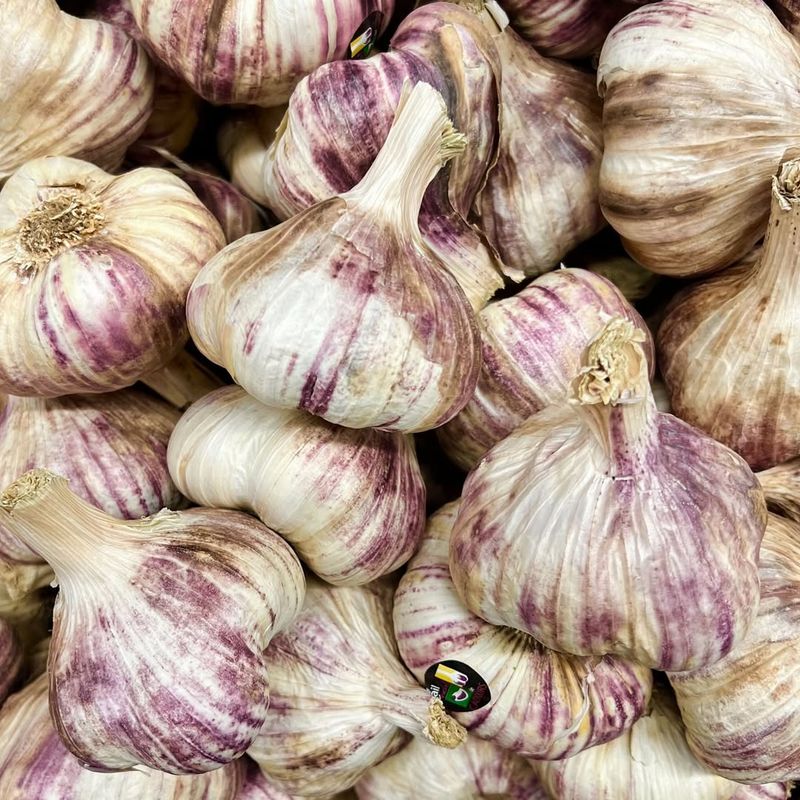
Ever wondered why vampires steer clear of garlic? Well, it’s not just for mythical reasons! Garlic, with its pungent aroma, boasts allicin—a compound with strong antibiotic properties. Crush it, chop it, or just let it sit, and it gets more potent.
How can you use it? Add it to your favorite pasta sauce or mix it with honey for a natural cough remedy. Next time, let your taste buds tingle with its boldness!
2. Honey
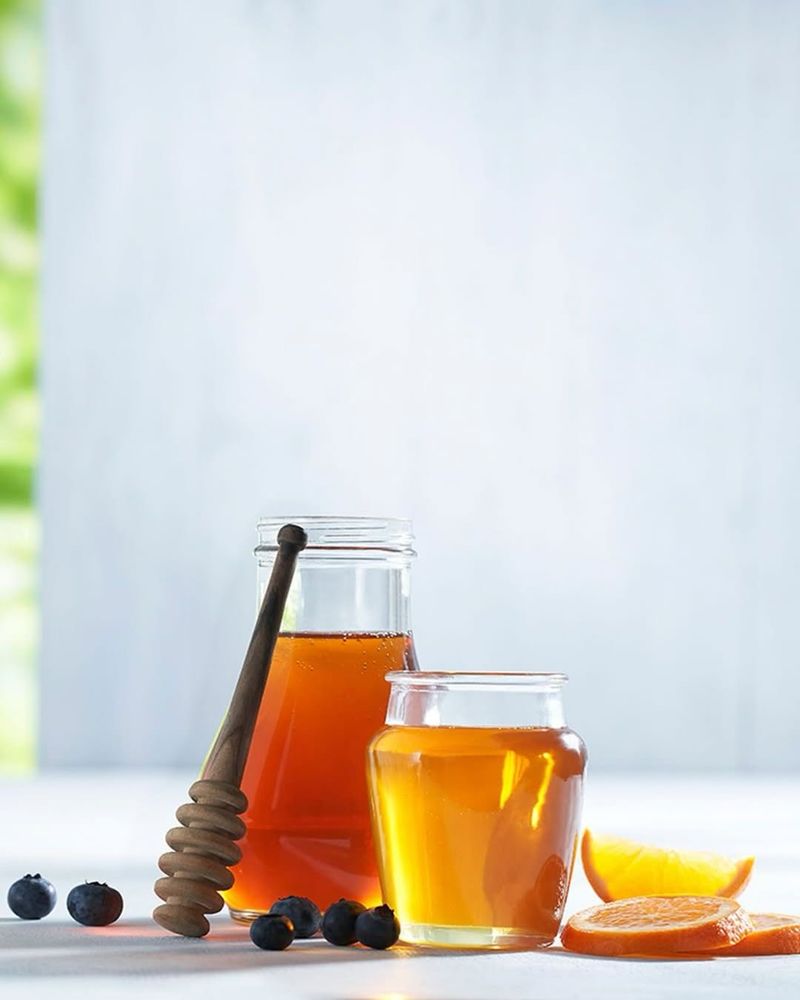
What if I told you that honey isn’t just bee-kissed sweetness? This golden nectar, particularly Manuka honey, brims with antibacterial prowess. Sticky and sweet, it’s been a healer for ages.
Drizzle it on your toast or infuse it in warm tea. The delightful taste aside, honey has enzymes that produce hydrogen peroxide, warding off bacteria.
3. Ginger
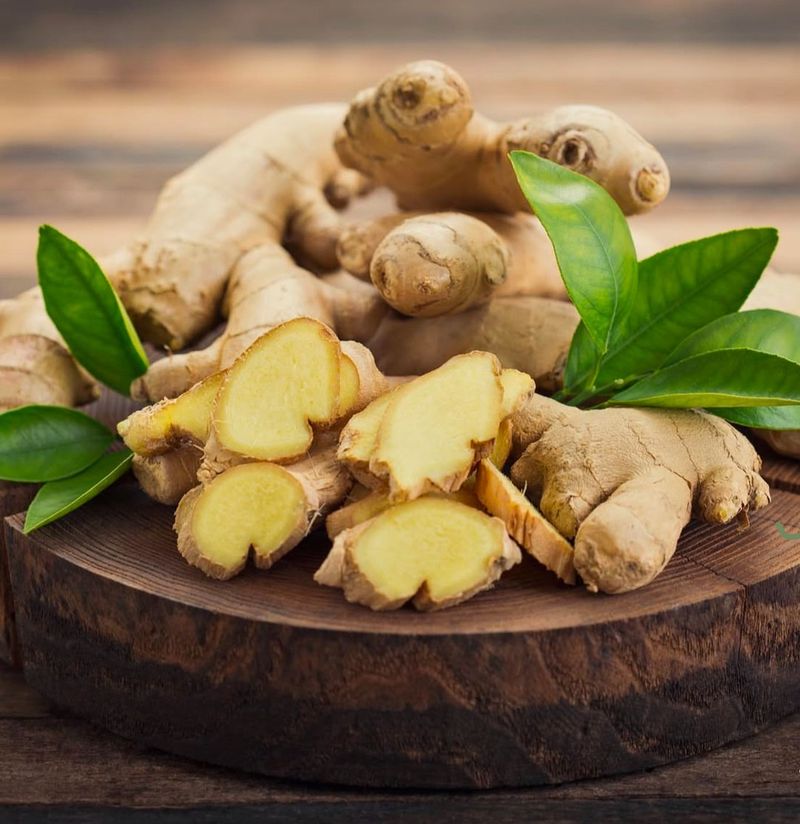
How about a zing to start your day? Ginger, with its spicy kick, comes packed with gingerol, known for its antimicrobial effects. It’s a root that does more than just spice up your life!
Slice it into your stir-fry or steep it in tea to soothe sore throats. This zesty hero not only fights bacteria but also soothes the stomach.
4. Cinnamon
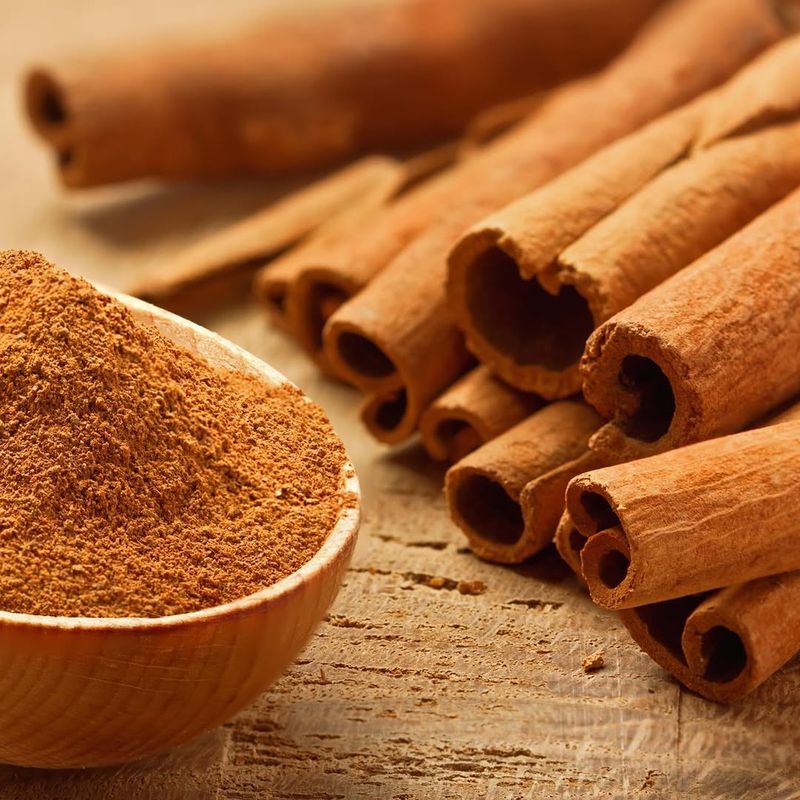
If cinnamon could talk, it would boast about its cinnamaldehyde content—an oil that helps fend off bacterial infections. A sprinkle here and a dash there, and you’re not just adding flavor!
Swirl it into oatmeal or sprinkle over coffee for a health-boosting treat. Known for its sweet, woody scent, cinnamon doubles as a natural preservative too.
5. Turmeric
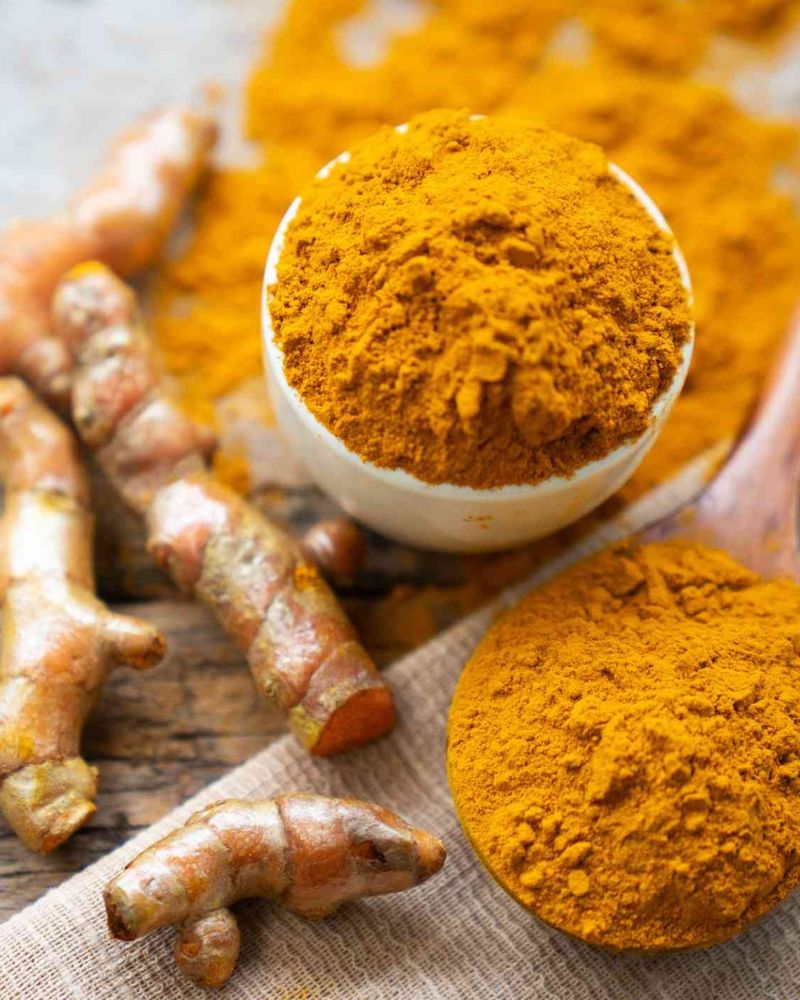
Where does turmeric shine brightest? In the golden glow of its curcumin, an active compound with antibacterial magic. Used in traditional medicines, turmeric’s reputation is well-deserved.
Mix it with warm milk or add to curry for a burst of health. Its earthy taste isn’t just for culinary delight but also for fighting bacterial intruders.
6. Oregano
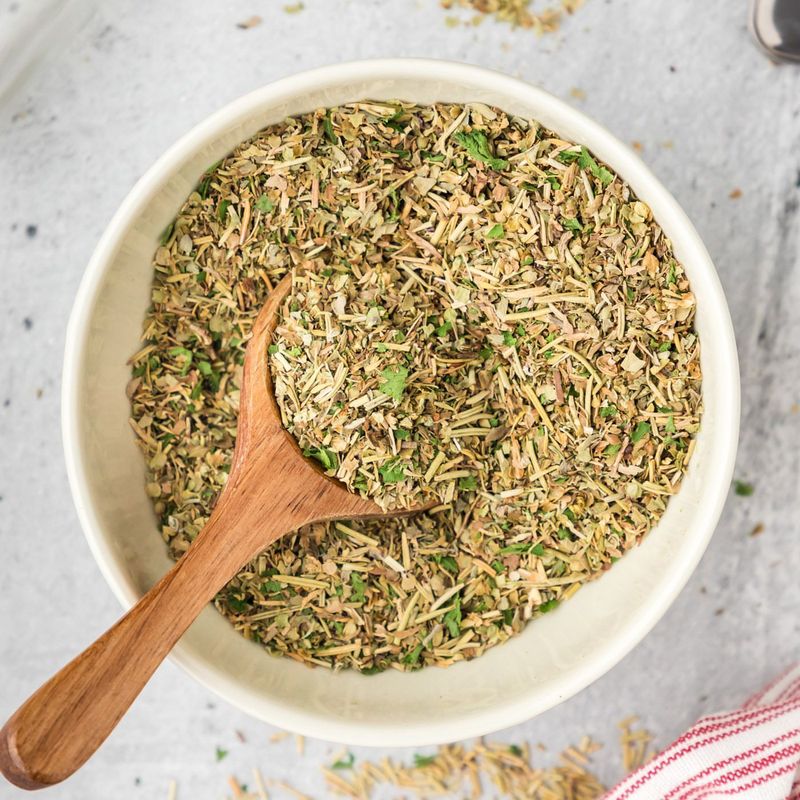
However you slice it, oregano packs a punch with its essential oils, carvacrol and thymol. These compounds are like the dynamic duo of the herb world, battling bacteria bravely.
Sprinkle it over pizza or brew a calming tea. Its sharp flavor isn’t just tasty—it’s a guardian against chest infections.
7. Thyme

Where there’s thyme, there’s health! This aromatic herb contains thymol—a powerful antiseptic and antibacterial compound that does wonders.
Add it to roasted potatoes or your favorite marinade. The subtle, earthy flavor ensures it’s not just a feast for the taste but a boost for health.
8. Clove

Have you heard of eugenol? It’s the superhero compound in cloves! Known for its potent antimicrobial properties, cloves are a small spice with a big punch.
Use it in warm cider or create a soothing clove oil for dental pain. The warm, spicy flavor not only elevates dishes but fights off infections.
9. Cranberries
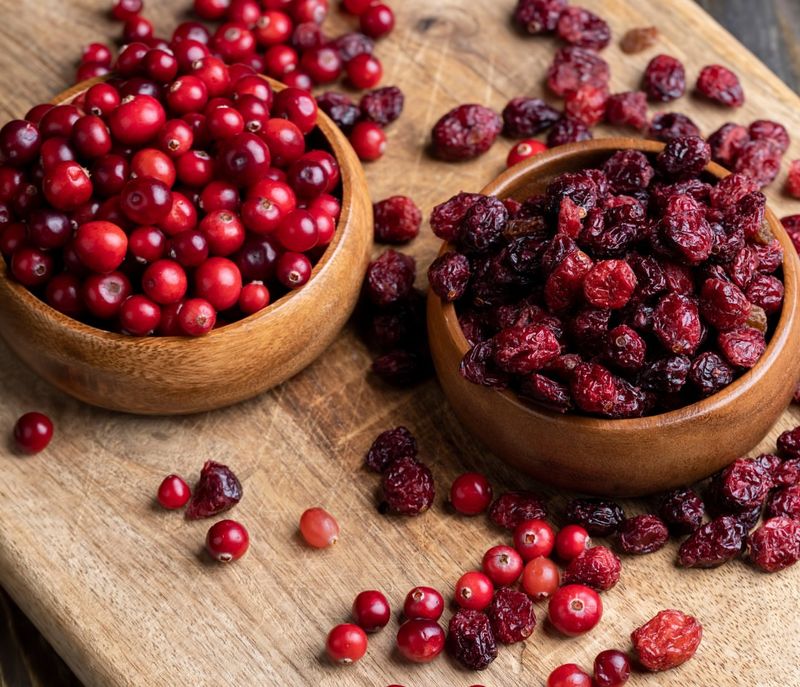
What makes cranberries a berry special? They contain proanthocyanidins, compounds that hinder bacteria from sticking to surfaces, particularly in urinary tracts.
Blend them into smoothies or munch them raw for that tart burst. The vibrant red isn’t just eye-catching—it’s a signal of health benefits within.
10. Lemon

Ever added a zesty twist to your water? Lemons are rich in vitamin C and citric acid, which offer natural antibacterial benefits.
A quick squeeze into your morning water or over a salad adds a bright, refreshing flavor. That tangy kick also helps support your body’s natural cleansing process.
11. Echinacea
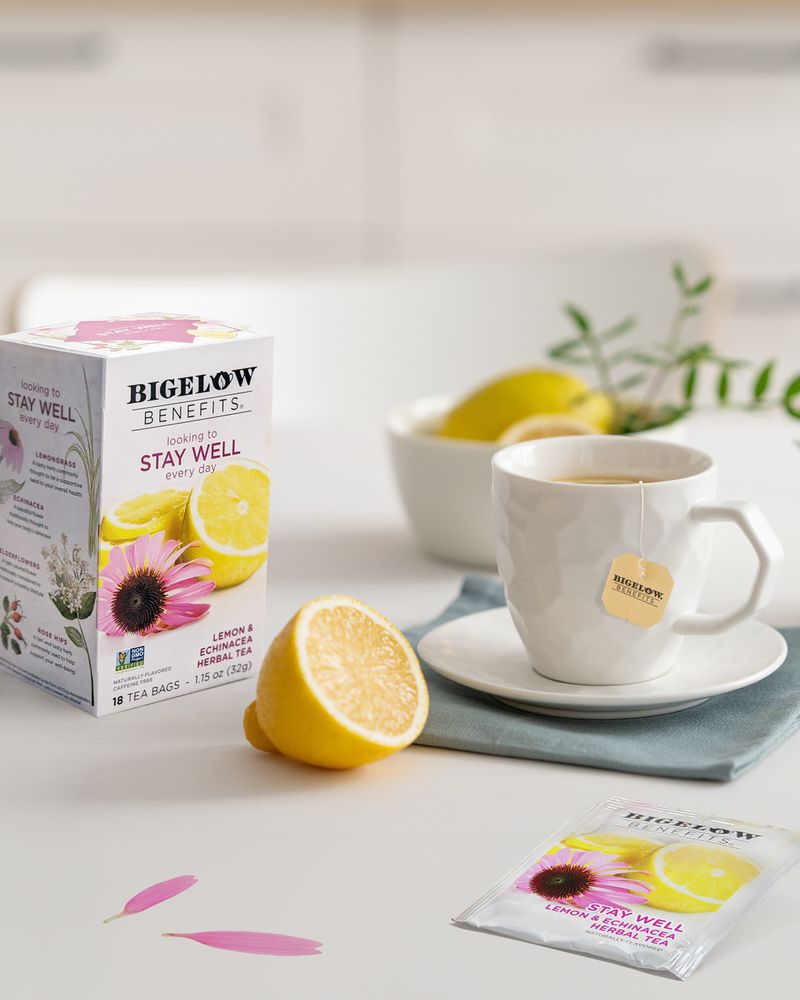
Step into the world of echinacea, a flowering plant celebrated for its immune-boosting abilities. Its natural polysaccharides help strengthen your body’s defenses against infections.
You can enjoy it as a soothing tea or in convenient capsule form. With gentle floral notes, it offers both calm and wellness in every dose.
12. Onion
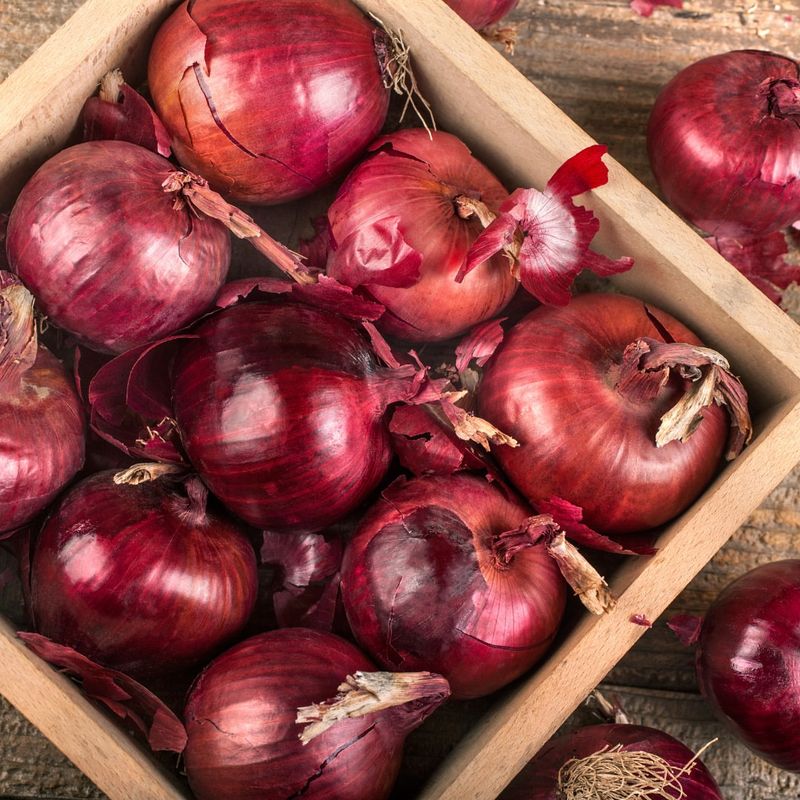
How do onions make you cry? With joy, once you know their powers! They’re rich in quercetin, a compound that fights bacteria and inflammation.
Toss them into salads or soups for a flavorful health kick. The pungent aroma might bring tears, but they’re tears of wellness.
13. Cabbage

Did you know cabbage has a secret weapon? Sulfur compounds that help in reducing bacterial infections. It’s more than just a side dish!
Saute it or ferment into sauerkraut for digestive benefits. The crunchy texture doesn’t just satisfy—it strengthens.
14. Pineapple

Pineapple isn’t just a fruit—it’s a tropical powerhouse packed with bromelain, an enzyme known to tame inflammation and combat bacteria. Its golden, juicy core brings more than sweetness; it delivers a burst of natural vitality.
Toss it into smoothies or savor it fresh for a sunny pick-me-up. In the realm of wellness, pineapple reigns as the ultimate tropical titan.
15. Apple Cider Vinegar
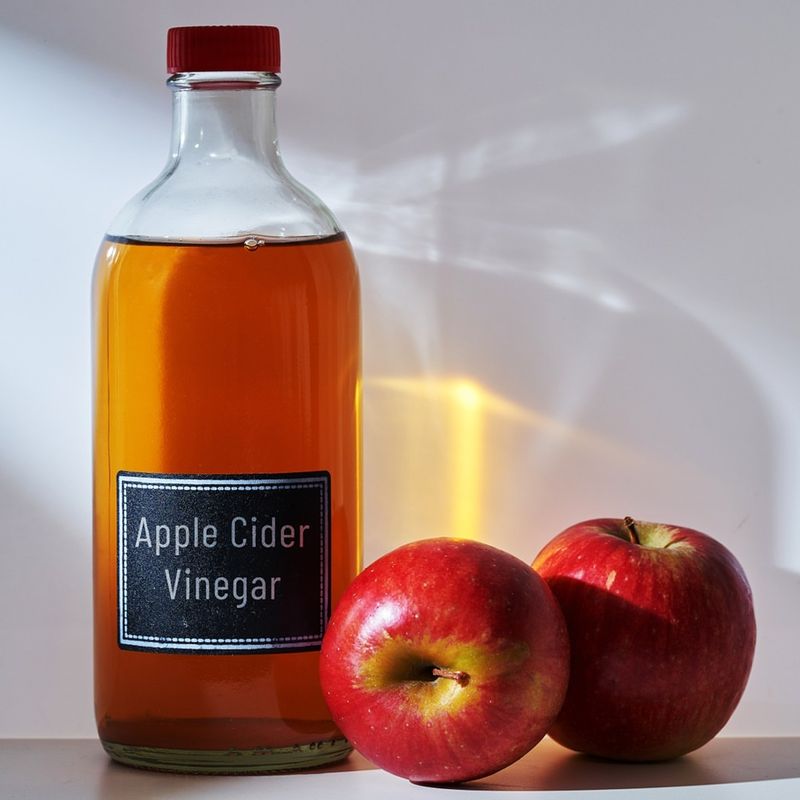
Where does apple cider vinegar shine? In its acetic acid, a powerful compound that supports digestion and fights off harmful bacteria.
Add it to salad dressings or sip it diluted to kickstart your morning. Its sharp tang isn’t just bold—it’s your zesty ally for wellness and flavor.
16. Peppermint

Ever felt refreshed by a whiff of peppermint? That’s the menthol, known for its antimicrobial and soothing effects. Traditionally used to ease digestive issues, it also helps open the sinuses and fight off colds.
The natural oils in peppermint have antibacterial qualities that support respiratory and oral health. Brew it into tea or blend it into smoothies for a crisp, healing boost.
17. Basil

Fragrant and flavorful, basil contains essential oils like eugenol that exhibit strong antibacterial action. It’s been used in herbal medicine to reduce inflammation and protect against foodborne pathogens.
Basil also offers antioxidant support, helping the body stay resilient. Toss it into salads, sauces, or pesto for a fresh and functional ingredient.
18. Coconut Oil

How does coconut oil shine? Through lauric acid, which has impressive antimicrobial actions. It also supports gut health and strengthens the immune system when consumed regularly.
Beyond the kitchen, it doubles as a natural skin barrier against microbes. Use it for cooking, baking, or even as a spoonful in your coffee.
19. Parsley

What’s parsley’s secret sauce? It’s packed with chlorophyll, which acts as a natural antibacterial agent. It’s especially rich in apigenin, a compound known to enhance the immune response.
This herb supports kidney health and acts as a gentle detoxifier. Sprinkle it liberally on your meals for both flavor and function.
20. Horseradish

Ever felt the fiery kick of horseradish? That’s its isothiocyanates, compounds with antibiotic qualities. It helps clear mucus and may fight off sinus infections naturally.
Traditionally used for respiratory health, it can stimulate circulation and digestion as well. Add freshly grated horseradish to sauces or dips for a spicy immune kick.
21. Chamomile

Gentle and soothing, chamomile is loaded with antioxidants and antimicrobial flavonoids that calm the body while protecting it. It’s known to ease gastrointestinal discomfort and support sleep—two essentials for a healthy immune system.
Its calming effects extend to the skin, where it can soothe irritation and inflammation. Sip it warm before bed or infuse it in homemade tonics.
22. Sage

What’s the sage advice here? Sage’s essential oils, full of antiseptic benefits, make it both flavorful and functional. Its natural compounds like thujone and cineole have strong antibacterial properties.
It also supports cognitive function and reduces oxidative stress. Steep it into tea or add to roasted dishes for a fragrant, healthful touch.
23. Blueberries

These vibrant berries are rich in antioxidants and contain compounds that help prevent bacteria from sticking to tissue walls. They support urinary tract health and boost immune resilience with every bite.
Blueberries also reduce oxidative damage, a key factor in long-term wellness. Enjoy them fresh, frozen, or blended into smoothies for a sweet defense.
24. Rosemary
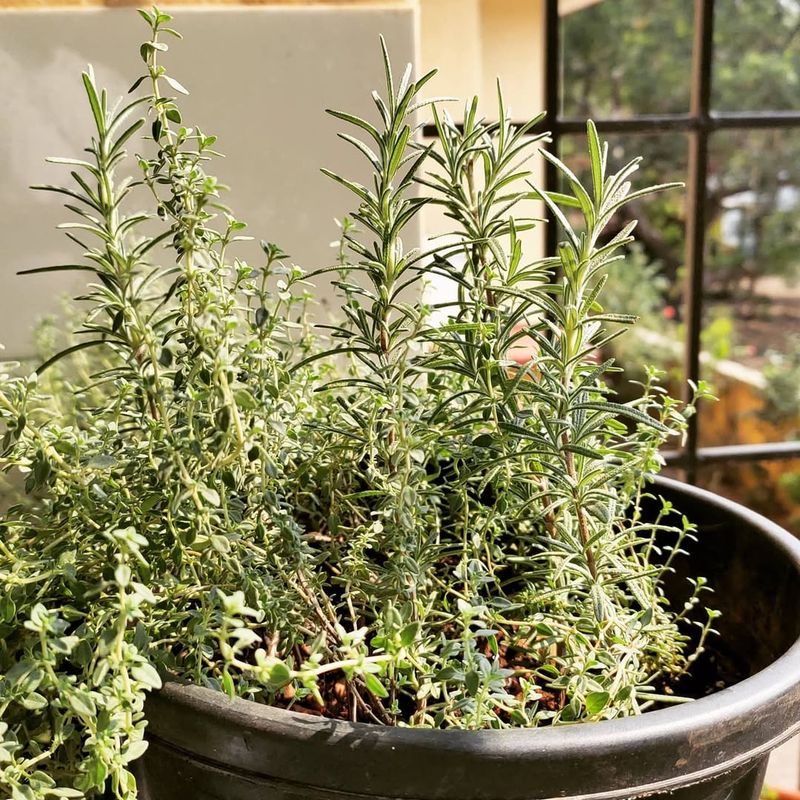
Where does rosemary stand out? With its rosmarinic acid, offering antibacterial and antioxidant benefits. It’s traditionally used to boost memory and soothe digestion while guarding against infections.
The herb also enhances circulation and respiratory health. Use it to infuse olive oil, season proteins, or brew a cleansing tea.
25. Juniper Berries

Small but mighty, juniper berries offer potent antibacterial and antifungal properties. They’ve long been used to support urinary tract health and reduce bloating.
Their piney, slightly citrusy flavor adds complexity to broths and herbal blends. Steep them into tea or use them to flavor dishes with a medicinal twist.
26. Cardamom
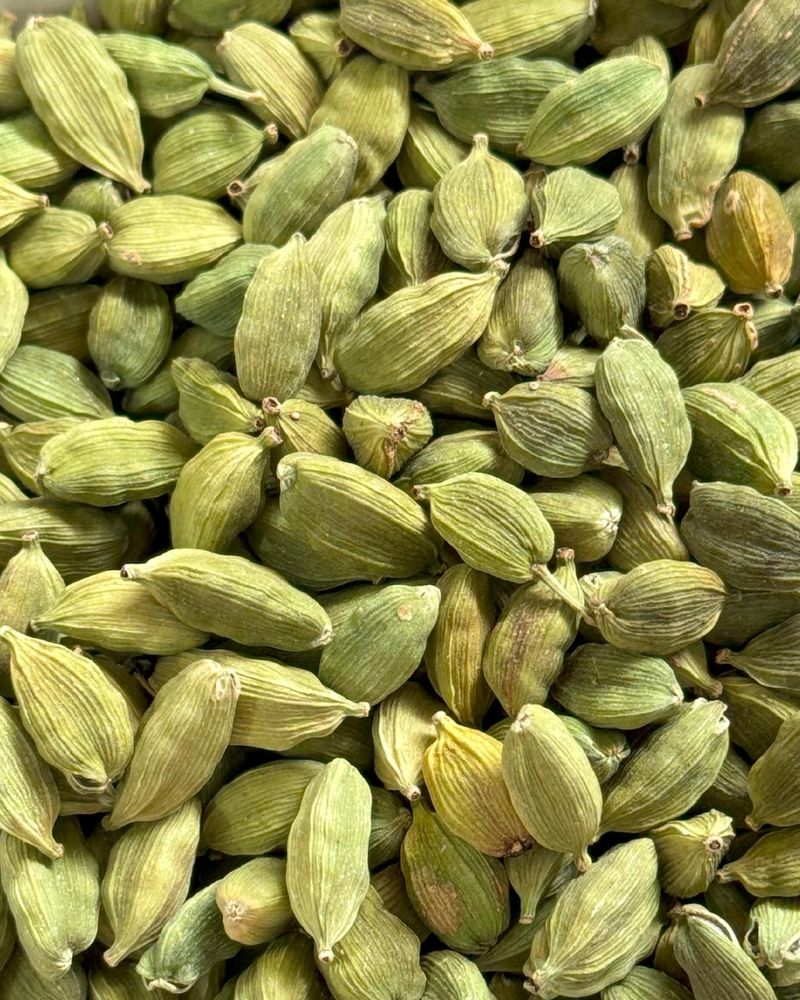
Cardamom’s warm, citrusy flavor hides powerful antimicrobial effects, especially against common foodborne bacteria. It also aids digestion and freshens breath naturally.
This spice is rich in antioxidants and supports detoxification pathways. Stir it into coffee, sprinkle on oatmeal, or use it in baked goods for a spiced immunity lift.
27. Cayenne Pepper
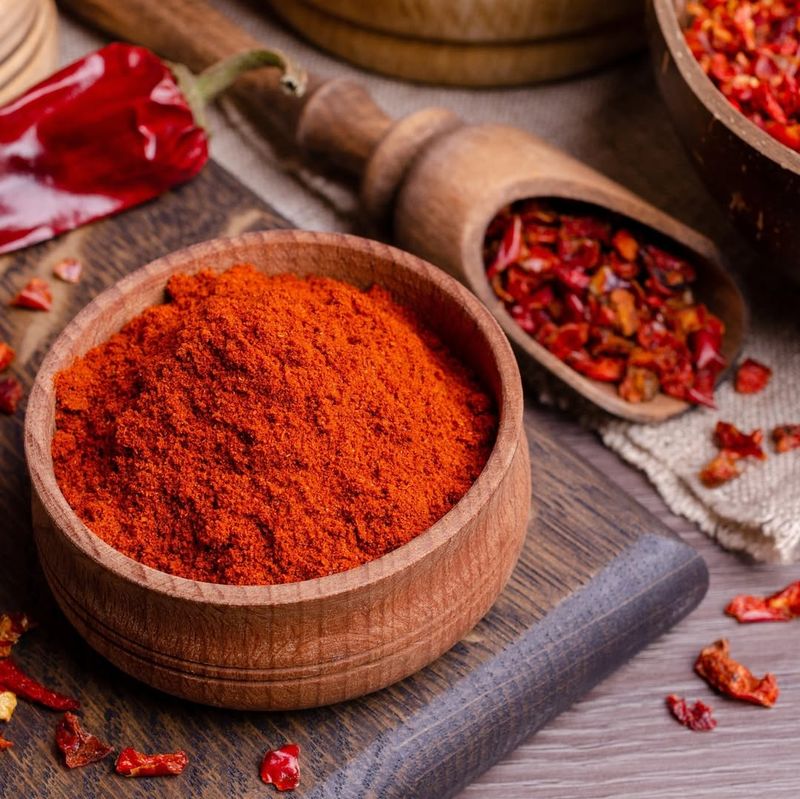
Cayenne pepper fires up your system with capsaicin, a compound known to reduce pain, boost circulation, and ward off harmful bacteria. It stimulates the metabolism and encourages detoxification through increased sweating.
Cayenne also supports digestion by improving gut motility. Just a dash can turn any dish into a bold, healing experience.
28. Mustard
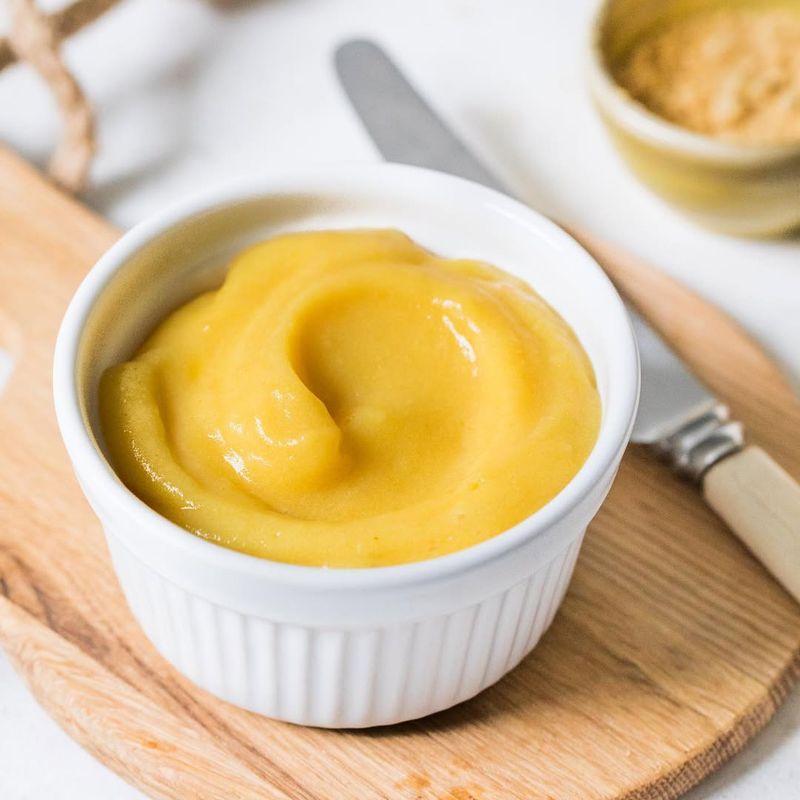
Mustard seeds are rich in antimicrobial compounds like sinigrin, which help the body fight infections and support detox. They’re also believed to stimulate circulation and aid respiratory health.
Ground or whole, mustard adds a tangy depth to sauces and dressings. It’s a small seed with big antibacterial strength.
29. Licorice Root
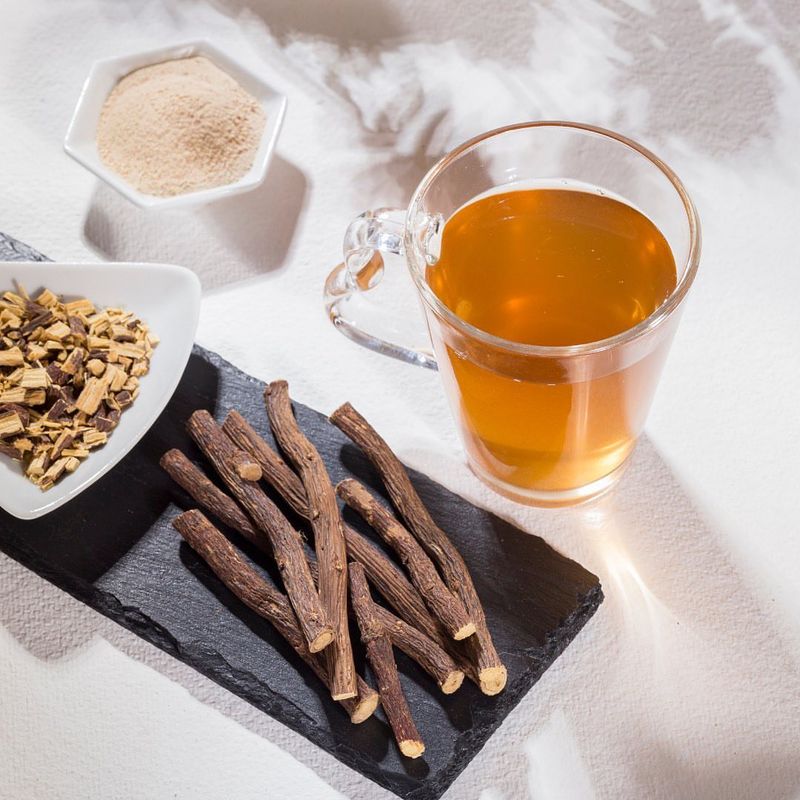
Licorice root contains glycyrrhizin, a compound with strong antimicrobial and anti-inflammatory effects. It’s often used to soothe sore throats and reduce respiratory infections naturally.
This sweet root also supports adrenal health and digestion. Brew it into tea or mix it with honey for a comforting remedy.

